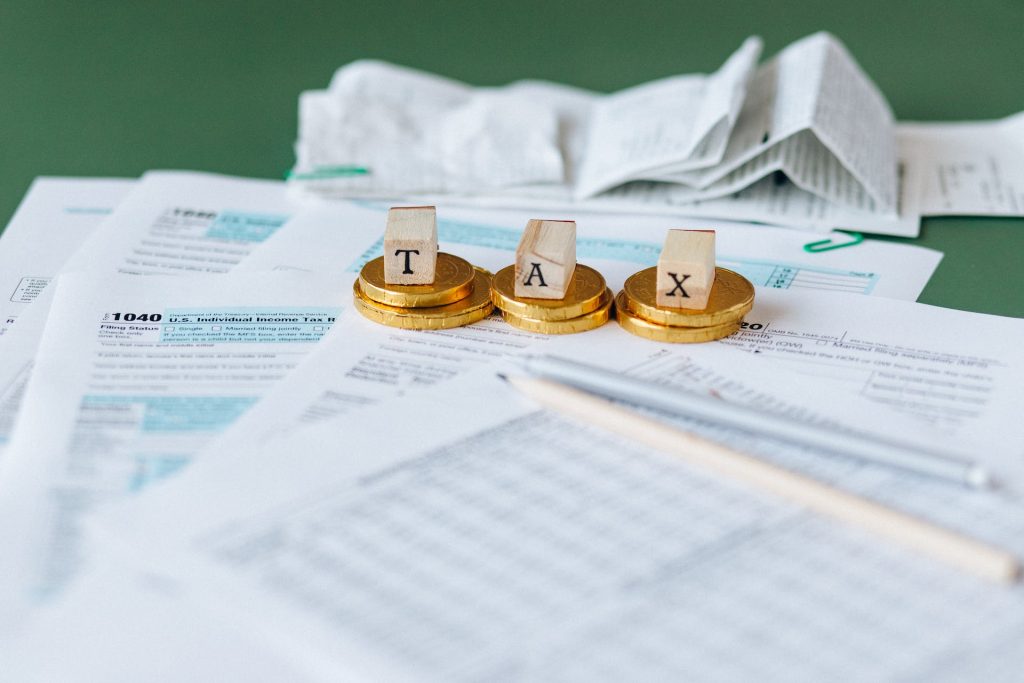If you’re a non-resident investor living in Dubai and holding shares in an Indian company, recent changes to India’s Income Tax laws significantly impact how you’ll be taxed on share buybacks from October 1, 2024, onwards.
Here’s how the updated framework applies to you:
You purchased 5,000 shares in an Indian company three years ago at ₹200 per share. Now, the company plans to buy back those shares in May 2025 at ₹500 per unit — a total payout of ₹25 lakh. Until recently, the Indian company itself would have borne the tax burden on the buyback proceeds, making the income tax-free in your hands. However, that’s no longer the case.
What Has Changed?
The Finance (No. 2) Act, 2024 has overhauled the taxation of share buybacks. From October 1, 2024, any amount received by a shareholder from a company via buyback is treated as dividend income — fully taxable in the hands of the shareholder. The company is no longer responsible for paying the 20% buyback tax.
Importantly, you won’t be allowed to claim the cost of acquisition (₹200 per share in your case) or any other expenditure as a deduction from the dividend income. Instead, the extinguishment of your shareholding is treated as generating a capital loss, with your sale consideration deemed as zero. So, with an investment of ₹10 lakh (5,000 shares x ₹200), you would register a long-term capital loss of ₹10 lakh, which can be set off only against other long-term capital gains, either in the same year or carried forward for up to eight years. However, no indexation benefit applies to this loss.
What Does This Mean for Your Tax Liability?
The ₹25 lakh you receive will be treated as dividend income. Since you’re a non-resident Indian (NRI) residing in Dubai, this dividend income is subject to tax deduction at source (TDS) at 20% plus applicable surcharge and cess under Indian domestic law.
However, there’s relief available through the India-UAE Double Taxation Avoidance Agreement (DTAA). Under Article 10 of the DTAA, dividend income can be taxed in India at a reduced rate of 10%, provided certain conditions are met. To avail of this lower rate, you must submit the necessary documents, such as a Tax Residency Certificate (TRC) issued by UAE authorities, Form 10F, and a declaration of beneficial ownership of the shares.
Key Takeaways:
- From October 1, 2024, share buybacks by Indian companies are treated as dividends, taxable in shareholders’ hands.
- The entire payout amount is taxable, with no deduction for original purchase price.
- A capital loss equal to your purchase cost will arise, which can only be used to offset other long-term capital gains.
- As a Dubai-based investor, you’re eligible for a reduced 10% tax rate under the India-UAE DTAA, subject to documentation.
Make sure to consult with a tax advisor to ensure compliance and maximize available treaty benefits.




